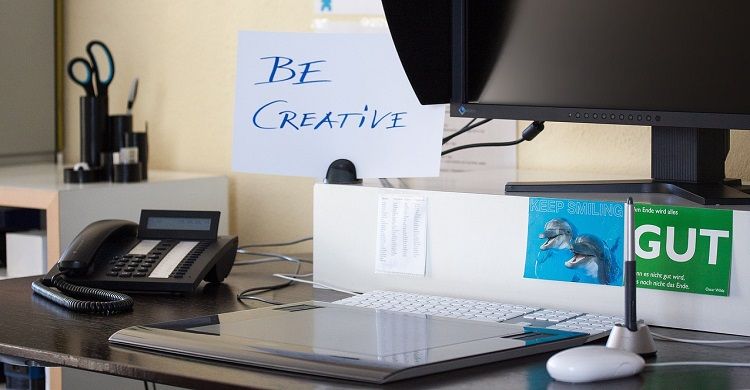Originally published at Forbes.com by
Not all times of the year are equal when it comes to seeking out a new job. The most opportune times are when you’re happy and succeeding at work, during the first few weeks of September and the start of the new year. Avoid embarking upon a job search during the holiday season and summer, especially in the month of August.
Look For A New Job When You’re Feeling Positive
Although this may run counter to what you might think, individuals should look for a new job when they are at peace and flourishing in their current role.
In addition to possessing all the requisite skills required for a job function, hiring managers want self-assured, positive and motivated candidates.
You'll perform better in the interview process when you are confident and feel good about yourself. Since you already hold a job, the pressure is less intense than being in between roles. Your mindset will be, “If I get this new job, that’s great. If not, I have a perfectly fine job to return to.”
Most people strike out when interviewing because they are nervous, lack confidence and come across as afraid or even angry and resentful that they were forced back into the job market. The interviewers pick up on their negative vibe. When the job market is tough, it’s easy for the hiring manager to take a hard pass on the applicant with a poor attitude and move on to the next candidate.
January And February Are The Top Months To Apply For Jobs
A week or so into January and February are two of the best times to engage in a job search. The beginning of a new year is a joyous time when people feel like they are starting fresh with a clean slate.
People make their New Year's resolutions of losing weight, going to the gym or finding a new job. The holiday season is over, and you revert to that back-to-work mentality. From a practical standpoint, companies set their yearly budgets and headcount, so they are ready to interview candidates and make hires. Businesses have given their yearly reviews and performance evaluations at the end of December. Based on the outcomes, workers decide to stay or feel the pressure to leave of their own volition rather than suffer the fate of waiting to get the ax.
Search For A New Job After The Summer Is Over
Like January, September is an ideal time to get into search mode. The summer is over, and workers experience the equivalent of the back-to-school mindset when they were kids. They’ve enjoyed the leisurely feel of three-day weekends, taking vacations, enjoying the nice weather and coasting, as there’s an unspoken mutual understanding that we can slow down the pace and enjoy life in the summer. The wheels start turning again in September; jobs are posted online, and the hiring cycle kicks into gear.
The summer and holiday season, starting around Thanksgiving, are the most difficult to interview since most companies slow down during those periods. Most people take their vacations and paid time off in July and August. The turnstile of workers coming and going away makes it hard to interview. The human resources person is on a family vacation at Disney World. When they return, the hiring manager is out at the beach and can’t make the interview. Then, the candidate will be traveling abroad for the rest of the summer, so the interviews must be postponed to September.
The Best Days To Submit Your Résumé For A Job
The best days to submit a résumé are mid-week or later. The “Sunday scaries” push people to send their résumés out to employers, as the dread of Monday looming forces them to reevaluate their jobs and lives.
The challenge is that too many people feel this way, and your résumé could get lost in the growing pile. Due to the high volume, HR and managers may not immediately see the résumé. Therefore, you may want to time sending out your résumé on late Tuesday or Wednesday after the initial burst of résumés subside.
Toward the end of the week, the résumé submittals dwindle. It might be worthwhile to send in your résumé on Thursday or Friday, as there will be less competition, and your résumé will stick out in a less-crowded field.






















